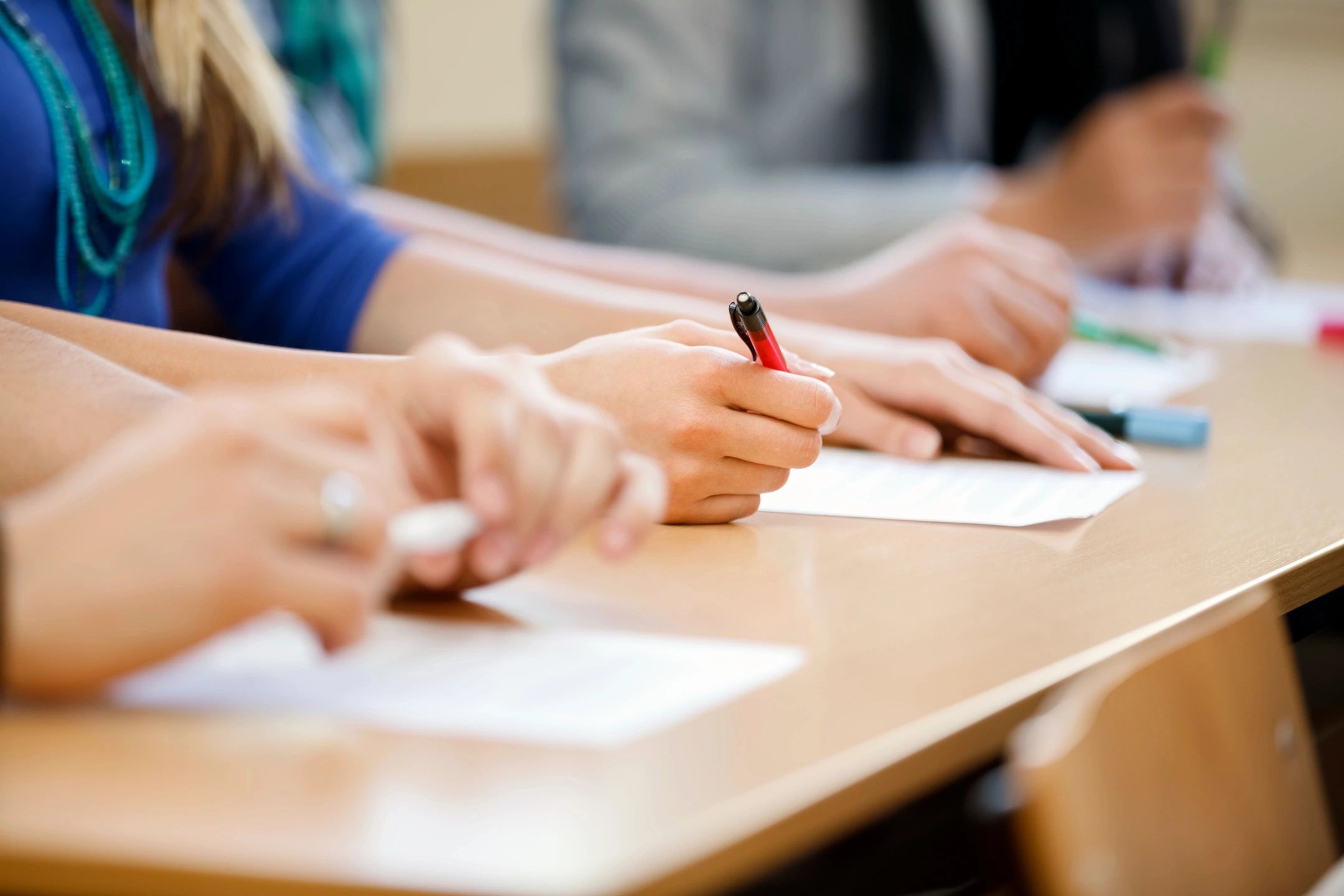
The South Dakota Board of Regents approved requests by South Dakota State University to add two new academic programs in elementary education and special education. The programs will seek approval from the South Dakota Department of Education before officially launching next fall. The accreditation process and approval from the state should be completed this summer.
The Bachelor of Science programs in elementary education and special education are designed to enable students from South Dakota and the region to develop skills and competencies required of effective elementary teachers and K-12 special education teachers.
“There is a continued need to expand the workforce of educators in the state of South Dakota, and the approval of these two academic programs enables us to better address this critical need,” said Dennis Hedge, SDSU provost and vice president for academic affairs. “Both programs further strengthen our ability to lead in the area of workforce development for our state and region.”
Starting with the fall 2023 semester, both majors will be offered on the Brookings campus in the School of Education, Counseling and Human Development. The school is part of the College of Education and Human Sciences.
The program in elementary education prepares graduates to teach students in elementary grades, including kindergarten through eighth grade. The program in special education prepares students to work with students who have a wide range of learning, mental, emotional and physical disabilities. Both degree programs will be designed to satisfy state and national rules and standards to be certified teachers and enter the South Dakota workforce.
“We are very excited to offer these programs within the School of Education, Counseling and Human Development at SDSU,” said Anne Karabon, the Wendell and Marlys Thompson Director of the School of Education, Counseling and Human Development. “There has been a tremendous amount of work done to date by our faculty and staff to ensure a successful launch of these programs. The interest we have received from students all over the region clearly underscores the importance of these programs and the need to train the next generation of educators in South Dakota and beyond.”
The immediate need for additional teachers, including elementary and special education teachers, is evident nationally, regionally and locally. In July 2022, the Associated School Boards of South Dakota reported 309 teacher openings just weeks before the start of the 2022-23 school year, including 64 elementary education and 60 special education vacancies.
There are 11 educator preparation programs in the state that are approved to train teachers and contribute to building the critically needed workforce of educators. SDSU is the only institution of the 11 that does not offer degrees in elementary education or special education.
SDSU currently offers education programs including Early Childhood Education (B.S.) – birth to age 8 specialization, Early Childhood Education (B.S.) – Cooperative Elementary Education Program with Dakota State University, and various secondary education majors and specializations.
The current structure means SDSU students who wish to pursue a career and degree in elementary education must complete an additional 24 credit hours through a fifth year in college and field placement not managed by SDSU. SDSU students who are seeking an early childhood education degree may elect to add a special education endorsement (birth to age 5), but that does not entitle them to become certified for work in K-12 settings.
“We are at a critical point in South Dakota where the demand for teachers is significantly high, and we must educate and prepare future educators to enter the field,” Karabon said. “These programs create a much clearer pathway for students to earn degrees in elementary and special education from SDSU.”
The new programs align with SDSU’s strategic plan and its goal of increasing the number of accredited programs and developing and growing high-quality and distinct academic programs designed to meet the needs of diverse students and market demands. They also align with Board of Regents strategic plan goals of academic excellence, student outcomes, educational attainment and workforce and economic development.
